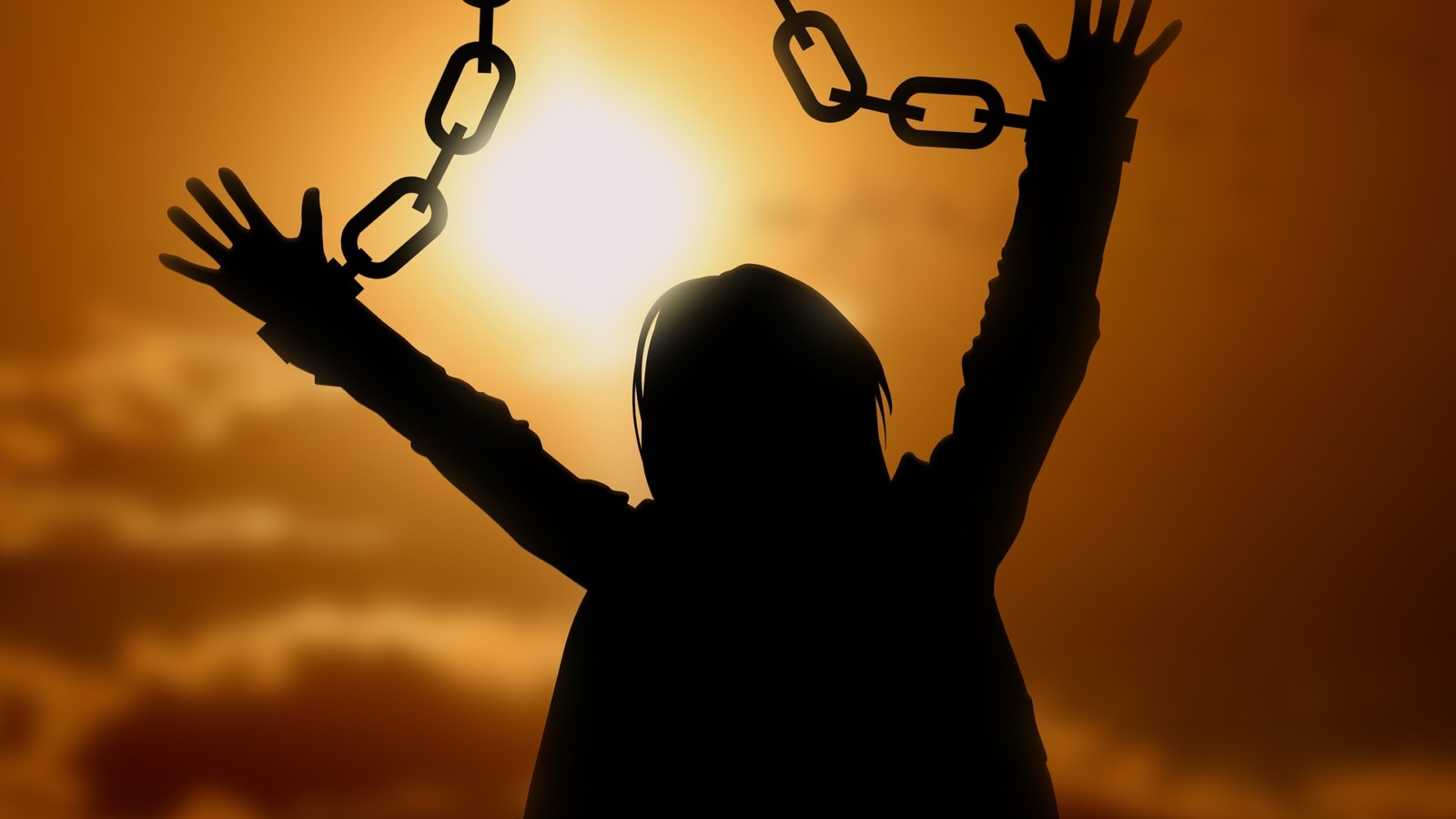We locked eyes.
His classic cut navy blue sport coat hung haphazardly across his shoulders. His lapel pin tipped up slightly like the curve of his lips. The look in his eyes felt familiar. Did he sense it as well? My breath caught in my throat. My heartbeat thumped in my ears, overpowering the sound of cocktail conversations nearby.
He held my gaze.
He remembers me, I thought. I always knew we would reunite. I had scripted the scenario countless times in my mind. Considered what I would say. How he would respond. How I would feel. Maybe you’ve been there, too.
The wine glass became slippery. While I was looking the other way, the liquid shifted and so did my grip. The Cabernet was headed for the carpet. I snatched the tilting glass with my other hand to steady it, looking about as graceful as an ostrich. Maybe that’s why I wanted to bury my head in the sand?
“Hello,” he said, as I barely avoided wearing my drink. “What brings you here?'” As if we had never met. As if…
What’s My Line?
“Don’t you remember me?” I said, stepping closer to him. He tapped an index finger on his cocktail glass. Playing it cool, are we? I reasoned.
Didn’t our history mean anything to him? It meant something to me! How could he not remember? We shared such a powerful story. I reached out and touched his arm.
“I was,” I whispered as I leaned in, “the worst economics student you ever had.”
Dr. Philips leaned back and adjusted his bifocals.
“Nope,” he declared. “That’s not true. You weren’t the best student. And you weren’t the worst student. Because I remember those students,” he said, as he cleared his throat. “I have no idea who you are. At all.”
Arrested Development
I was apprehended. And taken into custody. Because I was the perpetrator. The creator of a crime, committed against myself. And I was guilty. Guilty of creating a story, and believing it so deeply, that I sentenced myself to an awkward moment with an old friend.
He didn’t know who I was, he didn’t know my story. But I sure did – and I was certain it was as true for him as it was for me. The real crime here? Being imprisoned by a story that didn’t serve me. Believing that everyone could hear the voice in my head. The voice that says, “You’re not good enough – in fact, you’re the worst. And everyone else knows it, too.”
It’s been said that when the student is ready, the teacher will appear. And my old professor was right on time. Getting ready to teach me another lesson.
I laughed at myself. I couldn’t help it. The laughter bubbled up, as my professor wondered what was so funny. Shaking my head, I couldn’t stop chuckling. “Wow, ” I said to him, “Who would I be without that story?”
The economist tilted his head to one side. “I’m guessing you’d be a little more like yourself. Let’s start again,” he said with a grin, “no story needed.”
“Hi, I’m Karen,” I said. “Thanks for the fresh start.”
I came to a new understanding that night. About supply and demand. And the economics of life. Our supply of self limiting stories is high. The external demand for our self limiting stories is low. When supply is high and demand is low, value deflates.
And you and I control the supply chain.
What’s it costing you to manufacture self limiting stories? To keep the production line going? I wonder if it’s worth the price you’re paying. And how you might shift your own supply and demand model in service of your value.
Reducing my supply by one story that night was a shift. A shift to set myself free from a story that kept me handcuffed. A shift toward placing a higher value on my progress than on my past. I held the key to the handcuffs all those years. My professor reminded me to use the key. To set myself free.
I heard a new voice as my professor and I walked toward the bar that night. “Maybe I’m the best economics student he ever had,” I thought to myself. Did it even matter?
The good news is I no longer needed to ask.


